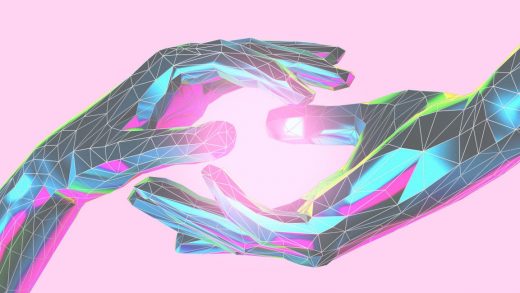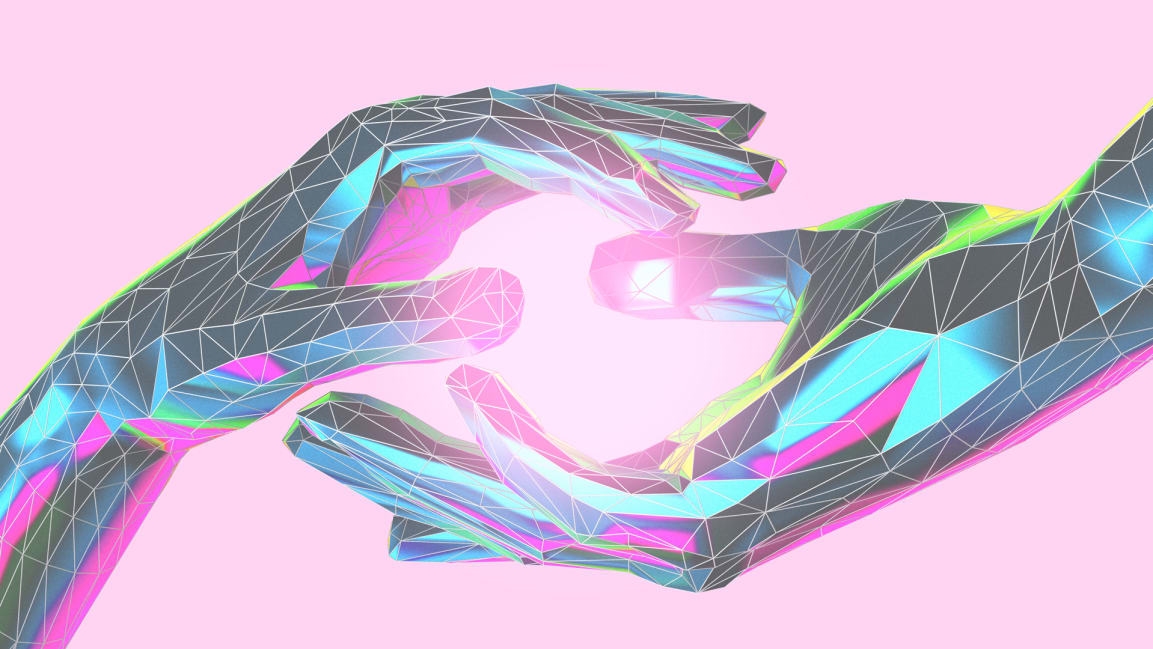Here’s hoping for a ‘humanity revolution’ in 2022
Every generation thinks it’s experiencing the most challenging times the world has ever known. In 2021, it’s been hard not to think that way about ourselves. A deadly virus ruthlessly looking for new ways to kill us, an alarming rise in political authoritarianism, the opening notes of a long-dreaded climate catastrophe, a struggling economy, social unrest—these all make us feel at the mercy of events and forces spinning far beyond our control. Meanwhile, technology marches on; the companies that capture and leverage our data grow larger and more potent, and artificial intelligence progresses so quickly that we already don’t know why our algorithms know the things that they know. Who among us can predict with confidence that our jobs will not be made redundant by technology in another 10 years? Who feels assured of the future of privacy and individualism?
Arguably, one of the most influential books on all this remains Yuval Noah Harari’s New York Times bestseller, 21 Lessons for the 21st Century. In his collection of essays. he posits that humanity stands before a crossroads. With such rapid developments in infotech and biotech, our world is poised to change forever, he says, and now is the moment for us to pause and clarify what kind of future we choose to create. “Philosophers are very patient people,” Harari writes, “but engineers are far less so, and investors are the least patient of all…Unless you are happy to entrust the future of life to the mercy of quarterly revenue reports, you need a clear idea of what life is all about.”
What kind of world do we want to live in?
Yet I see mountains of reassuring evidence that we will not passively allow events to carry us away. To be sure, technology will continue at its blinding pace—talk to anyone who’s spent years in financial services, and they will tell you how topsy-turvy their world is becoming—as well it should, given all the benefits it brings. Nor do I expect a halt while we all don our togas and engage in a symposium about the future of humanity. Still, I see answers to Harari’s question—What kind of world do we want to live in?—coming out of the woodwork.
My firm, 74&West, provides client intelligence to companies in traditional financial services, in fintech and in the nonprofit space. That gives us a unique view of events. We also produce a podcast in which we engage thought leaders about the issues of the day. In short, we ask a lot of questions, but mostly we just listen. And there are two main threads, two themes, that we see crop up again and again. You can think of them as two types of change that are afoot. The first is technological—the shifting of the center of gravity from traditional finance to fintech, the rise of AI, automation, big data, cryptocurrency, blockchain, the future of work.
The second change-thread is human. To be more accurate, it is a reaffirmation of our humanity. Start noticing it and you will begin to see it everywhere. A banker starts a fintech company to boost financial inclusion for immigrants; another sets up a VC firm to improve sustainability in the apparel industry; a third opens a business designed to reinject humanity into corporate relationships. Elsewhere in the economy, employees take a cue from Melville’s Bartleby the Scrivener, saying, “I would prefer not to” when it comes to soul-crushing labor. Office employees tell their bosses that they like working from home, close to their families and pets, thank you just the same. Politicians undertake serious discussions about a universal basic income. ESG (environmental, social and governance) investing evolves from a niche buzzword to the most important topic in the space. Marketing, bucking its old reputation as mercenary and venal, takes on the “socially responsible” mantle. The Business Roundtable drops its mission language about maximizing shareholder value. What’s happening is nothing short of revolutionary. Until now, it was only with faint embarrassment, after hours, that we dared to speak of such things.
Our response to uncertainty
These two threads, while largely at odds, are not unrelated. One is clearly driving the other: The humanity-thread is very much an answer to the uncertainty about where we’re headed. Collectively, we know we are at a crossroads, collectively we know it’s now or never, and collectively we’re asserting our values and showing—not telling—what kind of world we demand for ourselves and the next generations.
And here’s the good news: From where I’m sitting, this humanity revolution appears still in its early stages. Like all broad movements, it will saturate every facet of our society, especially once it attains critical mass, which it has not done yet. In the coming months, expect to see and hear more evidence of people throughout the economy taking actions that say, “Yes, things have always been done a certain way, but they don’t need to be done that way anymore, and now is our chance to change it.”
Uncertainty will be no stranger in the coming year. But mark my words: 2022 will be the Year of the Human.
Fedah M. Dahdul, PhD, is an organizational psychologist and managing partner at 74&West, a boutique client intelligence firm serving financial services, fintech and nonprofits.
Fast Company , Read Full Story
(31)



